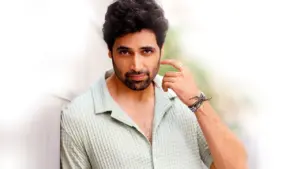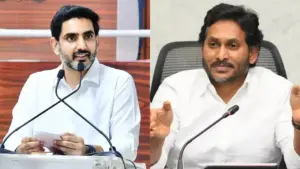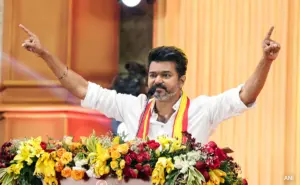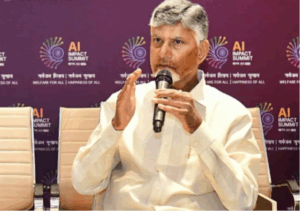Almost a month before the World Cup got underway, when most people were writing off India’s chances of defending their title, two of us grey-haired individuls said on a television talk show that it would be an India-Australia final at the majestic Melbourne Cricket Ground (MCG) on March 29. The others on the panel were not so sure and played safe by predicting a South Africa-Australia final with New Zealand as the dark horse because they are the only side playing all their matches at home, including the semis.
India are indeed playing Australia, but in the semifinal, at the Sydney Cricket Ground (SCG) on Thursday. New Zealand play their penultimate match against South Africa on Tuesday after easily getting past the West Indies in the last quarterfinal game on Saturday. As suspected, the preliminary roundrobin system made sure that all the top Test-playing teams made the quarterfinal round, though there was some synthetic suspense and excitement till the last two matches of the league.
It may not be all that thrilling to watch big guns walloping the minnows, raising big totals. But at the same it is worrisome to see a team like the West Indies conceding 400-plus once and coming close to it (393) in the quarter-final against New Zealand, more than half of the runs coming from Martin Guptill (237), the second double-century maker in the World Cup after Chris Gayle. Still, one wished Ireland were there in the so-called elite eight for the sheer brand of dashing cricket they exhibited.
Afghanistan, Scotland and the United Arab Emirates have posed more than a question to the authorities of the sport that they should get big-time encouragement if they have to stand up to the big guns. If India have to be real world champions they will have to beat all those billed as favourites. They have beaten South Africa and will have to beat Australia and possibly New Zealand, if they enter the final, failing which they will have to beat the Proteas a second time.
World Cup has turned out to be a different kettle of fish and what transpired before is of little consequence. India’s distressing tour Down Under is a forgotten chapter and it was evident from the way they began their Cup defence, outplaying Pakistan in the opening game and treating South Africa with scant respect. The two victories proved beyond doubt that the Indians cannot be trifled with. Pakistan have been a perennially tough side to beat, though India have never lost to them in World Cups, and the South Africans have always been a difficult team to deal with.
The other teams in Pool B and the quarter-finalists Bangladesh lacked class to challenge India. Whatever be the grievances India’s neighbours about umpires ruling a full toss above Rohit Sharma’s waist or Shikhar Dhawan throwing the ball into field of play before crossing the boundary rope and jumping back to complete a catch, Bangladesh would not have been able to beat a side that has not lost a match right through the tournament.
What the Bangladeshis, out of frustration, did on the social networking sites can understandably be condoned, but not the feeling vented by the Bangladeshi president of the International Cricket Council (ICC). He cannot get away saying he is speaking on his personal capacity as a cricket fan. The ICC has apparently taken a serious view of his utterances and he may face dire consequences. Sadly, Bangladesh Prime Minister also seem to endorse team’s standpoint that the Indians won because of the umpiring. We don’t need Mustafa Kamal to say that quality of umpiring in the World Cup is poor, people can judge themselves.
His diatribe against the umpires, saying they had an agenda, is highly objectionable. By inference, he is saying they wilfully facilitated India’s victory. Kamal’s words are shocking and dangerous coming from the ICC president. At best he could have repeated skipper Mashrafe Motoza’s diplomatic line: Don’t want to say anything about the umpiring, everybody has seen what happened. Just as well ICC chief executive Dave Richardson quickly refuted Kamal’s insinuation in the strongest terms, insisting that the ICC match officials’ integrity is unquestionable.
The irony is India were previously at the receiving end of some atrocious decisions which could have gone their way if only they had relented on Decision Review System (DRS) without insisting on fool-proof technology. Umpiring decisions are like the near hits and misses in a match and should be taken in the stride.
The list of decision that went against India over the years are staggering. Why go far, the number of decisions that went against India in the recent bilateral series against Australia should clearly prod the Indian cricket board to change its posture, more so now that the staunchest antagonists against DRS are no longer playing. There is no place for big-brother attitude or cussedness.
Recent Random Post:

















